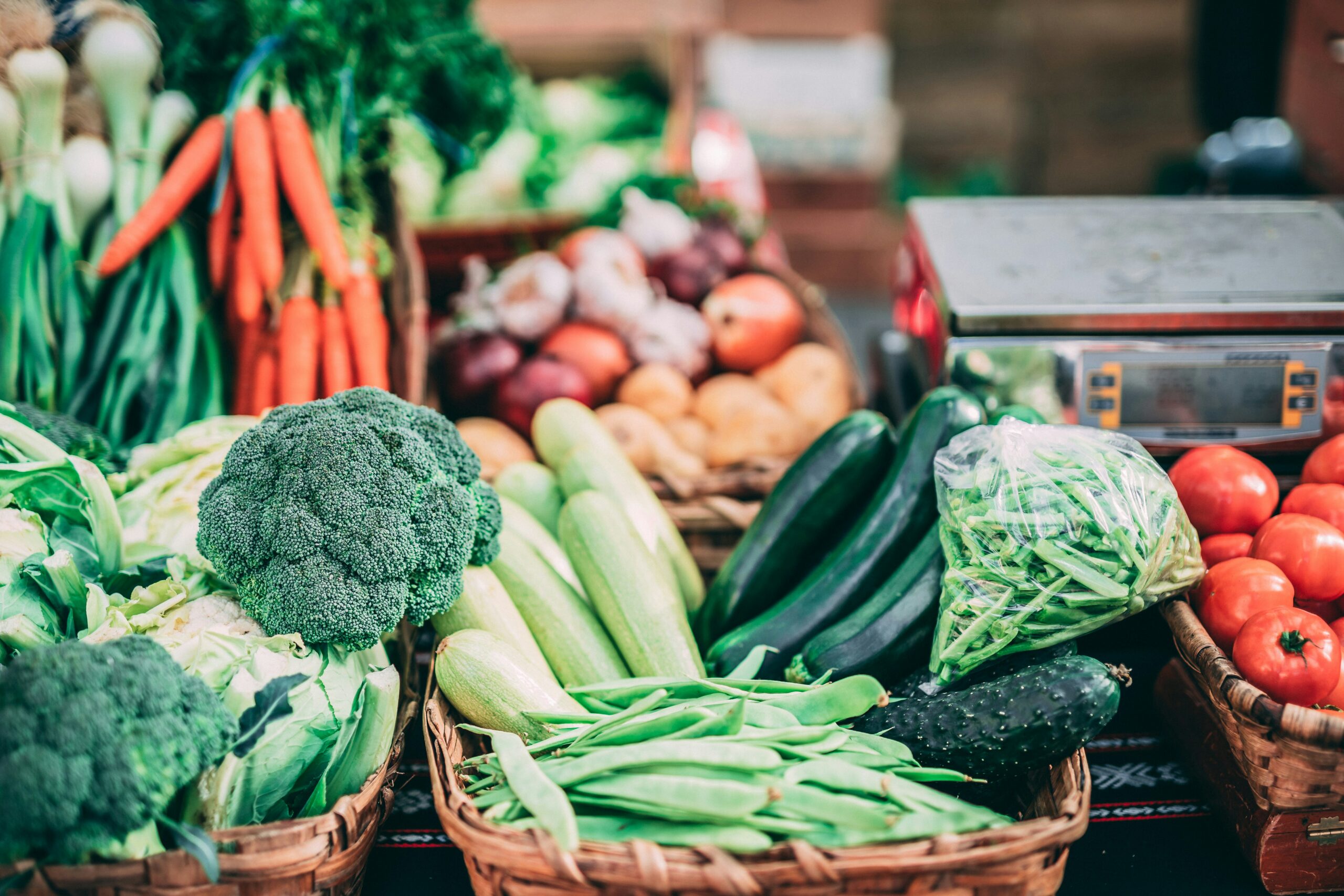Dietary Fiber
Fiber, or dietary fiber, is a carbohydrate that comes from plants. It falls under the category of carbohydrates but is different from most carbs because it can’t be broken down to sugar (glucose) like the others.
2 Types of Fiber
- Soluble – is able to be dissolved in water. It becomes a gel as it absorbs water. This is the type of fiber that slows digestion to keep us fuller for longer. Find it in beans, avocados, chia seeds and most vegetables.
- Insoluble – cannot be dissolved in water. That means it goes into our digestive system and comes out mostly unaltered. This type of fiber is described as a ‘bulking agent’ since it adds volume to our bowels and keeps us regular. It prevents constipation and promotes regularity. Find it in whole grains, beans, corn, cabbage, and many other vegetables.
You read that right…most vegetables have a combination of both types of fiber, so it is pretty easy to get plenty of both!
Why We Need Fiber
Here are a few reasons to make fiber one of your top nutritional priorities.
First, our bodies can’t make fiber so we need to make sure we consume it in our diets to help out our digestive system. Happy belly alert!
Fiber helps promote stable blood sugars. They’re healthy carbs that prevent large spikes and valleys in our glucose control.
Fiber has been linked to decreasing the chance of developing cancer and increasing life spans. Fiber’s “scrubby” nature helps eliminate bacteria within the intestines – which can help prevent colon cancer. Overall, keeping your digestive system healthy has been shown to have amazing health benefits on the rest of our body.
Regular fiber intake has a significant impact on weight loss and weight maintenance. It adds to the feeling of satiety and fullness which, in turn, can queue us to avoid overeating or bingeing.
How Much Fiber Do We Need?
Chances are that you aren’t getting enough fiber in your day. The 2020-2025 Dietary Guidelines for Americans states 90% of women and 97% of men are not meeting their recommended intakes.
- Adult women: 22-28g/day
- Adult men: 28-34g/day
Best way to try to hit this goal? Choose whole grains, have fruits or vegetables at every meal, and add produce to your afternoon snacks.
In Good Health,
